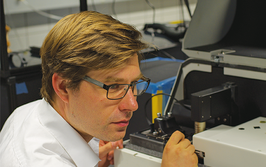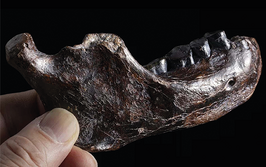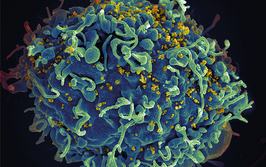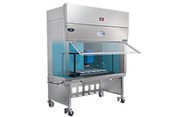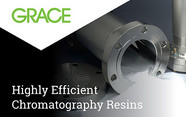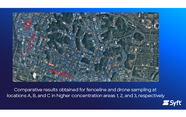Enhancing the sensitivity of extraction for the detection of nicotine in complex samples

contributed by Markes International Ltd |
Nicotine is considered a so-called ‘emerging lifestyle contaminant’. Elefteria Psillakis at the Technical University of Crete, Greece, used HiSorb™ sample probes to improve the sensitivity of her extraction technique to enable the detection of low levels of nicotine among 4000 compounds.
Nicotine leachates are a widespread environmental problem
Nicotine has been widely detected in water and wastewater. A significant source of nicotine contamination in natural waters is leachates from discarded cigarettes – the most littered items in urban areas and along coastlines. Elefteria Psillakis, professor of water chemistry at the Technical University of Crete, Greece, and her team have embarked on a new and upcoming area of research – investigating nicotine’s fate in the environment. The project was funded by Philip Morris Products SA (Investigator-Initiated Study award) and the results were published in a peer-reviewed environmental chemistry journal.1
Log in or register to read this article in full and gain access to The Analytical Scientist’s entire content archive. It’s FREE!
